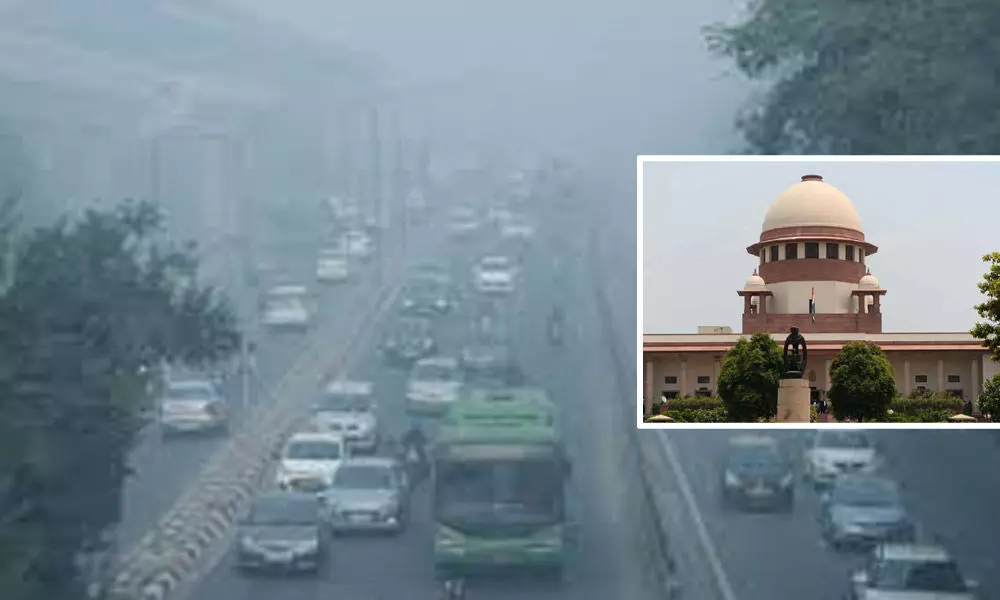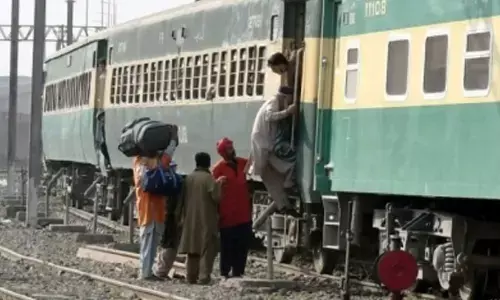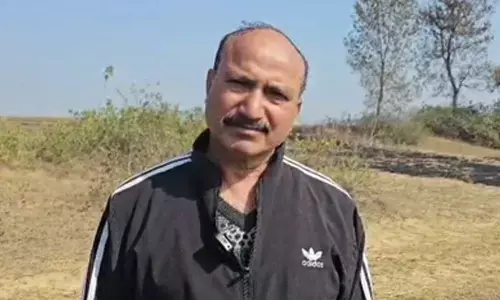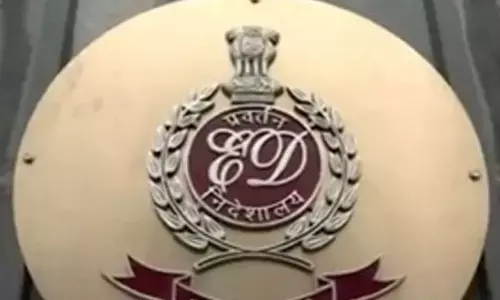Supreme Court raps states on air, water pollution

In an unprecedented step, the Supreme Court on Monday issued notice to states and Union Territories (UTs)
New Delhi: In an unprecedented step, the Supreme Court on Monday issued a notice to states and Union Territories (UTs), seeking a response in six weeks, on why they should not be held accountable to pay compensation to people for not providing clean air, safe drinking water and handling garbage.
At a three-hour hearing, a Bench, headed by Justice Arun Mishra and comprising Justice Deepak Gupta, in the backdrop of right to life under the Constitution, expanded the ambit of the Delhi-NCR air pollution to a pan-India issue.
Pollution would impede India from becoming a global power in the era of globalisation, the court observed.
"The Air Quality Index (AQI) is extremely poor in many cities and towns...we also need to know how they are managing garbage. It appears these issues have lost priorities for the authorities," said Justice Mishra.
The top court was filled with anguish on learning about lack of response in connection with steps taken to curb air pollution by governments of Punjab, Haryana, UP and Delhi.
The court posed a query that why the state administration not be made accountable to compensate people who were prone to face health hazards. Justice Mishra observed the state authorities couldn't declare self-bankruptcy to handle issues connected with pollution from various sources.
The Bench also pointed to unavailability of clean drinking water in many cities. "The river Yamuna has turned into sewage. The river Ganga is also in the same condition. River water pollution is a major issue," said the court.
The apex court asked the authorities to collect data and material connected with sewage, garbage, air pollution and water management from the aspect of access to safe drinking water.
The right to life had been endangered by the state due to lack of response on most pressing issues of pollution, it was observed.
"We have noted that every year, and year after year, the process is worsening...time has come to protect right to life. Why they (state administrations) should not pay compensation on air pollution, not lifting garbage, etc. Time has come to rewind the state machinery", said Justice Mishra.
The apex court observed Delhi was among the six most polluted cities in the country, and out of those, three were in UP.
The court also held farmers accountable for increase in events of stubble burning in various states, despite court's order to incentivise farmers by procuring the farm waste.
"Can you permit them (people) to die due to pollution," asked the Bench. The apex court observed the state authorities should work together to improve the quality of air and check the quality issues associated with piped water.
The matter will come up for hearing, most likely, in January.















